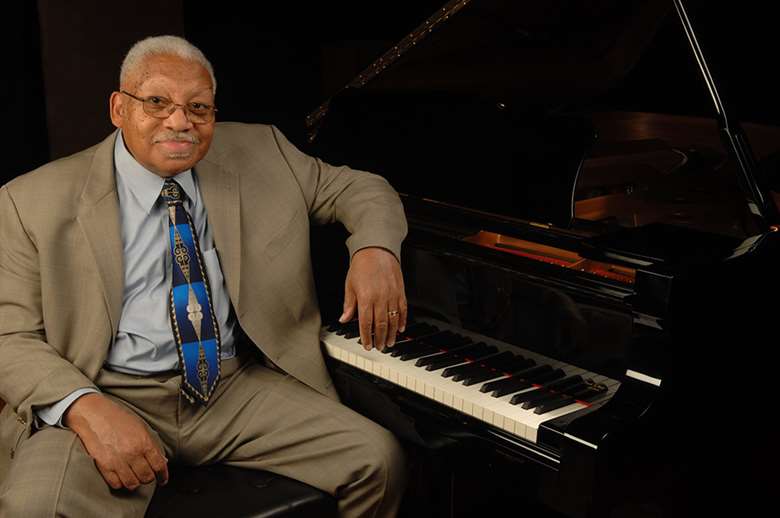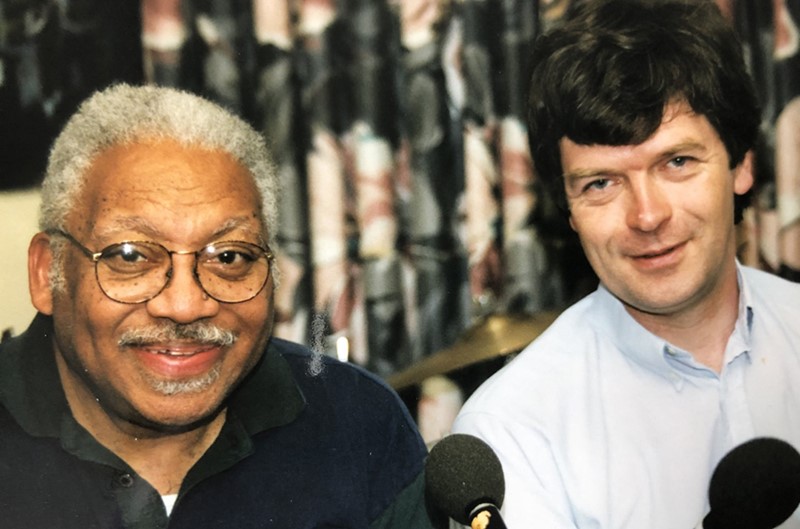Ellis Marsalis (14 November 1934- 1 April 2020)
Alyn Shipton
Thursday, April 2, 2020
The pianist, and father of one of the greatest families in jazz, has died aged 85 due to suspected coronavirus

Although he might be the most famous father in jazz history with four of his six sons becoming world-renowned jazz musicians, and despite being a formidable pianist himself, Ellis Marsalis opted for a career as an educationalist and mentor to generations of musicians in his home city of New Orleans. Should his own talents be in any doubt, an album such as his 1992 Heart of Gold on Columbia, with Ray Brown and Billy Higgins, reveals a lyrical, yet hard-swinging player of the first order.
And his talents were also on display in records by many others. A long-term associate was Ed Blackwell, with whom he worked in a variety of bands including the American Jazz Quintet. He followed Wynton Kelly and Joe Zawinul as pianist with Nat and Cannonball Adderley on the 1962 album In The Bag playing spare yet hard-swinging piano in their bluesy arrangements. He worked with David “Fathead” Newman, Eddie Harris, and (a particular favourite of mine) Arnett Cobb, with whom he was filmed in a dynamic performance along with bassist Chris Severin and drummer Johnny Vidacovich at Snug Harbor in New Orleans.
That club on Frenchman Street was where I heard Ellis many times, and he more or less owned the stage there for decades, making weekly (and sometimes more frequent) appearances in between his teaching, first at the New Orleans Centre for Creative Arts and then at New Orleans University. The proprietor of the club, George Brumat, told me: “His courses have been send-off points for a generation of remarkable musicians, and this club provided the venue for many of their first appearances.” As well as his own sons, Branford, Wynton, Delfaeyo and Jason, Ellis taught and encouraged dozens of other players including Terence Blanchard, Nicholas Payton, Harry Connick Jr., Victor Goines, Reginald Veal and Marcus Roberts (with whom he recorded an album of piano duets).
Ellis’s own style fell naturally into the post bop lingua franca of players like the Adderleys and Art Blakey (with whom he also guested at the time his two eldest sons were members of the Messengers), but he had a solo bravura reminiscent of players like McCoy Tyner and Oscar Peterson. Yet New Orleans being the melting pot it is, the first time I heard him in 1976 he was playing Dixieland at Heritage Hall with Papa French’s band, and a few days later he could be heard with Al Hirt at the trumpeter’s own club. He was just as likely to show up playing the blues with Snooks Eaglin or backing that peerless New Orleans soul singer Irma Thomas.

He had the reputation as a stern musical disciplinarian, who expected the very highest musical standards from his protégés, and encouraged a thorough knowledge of the classics as well as jazz, but he had a heart of gold. When I was making a documentary about the city’s music for the BBC in 1998, he opened his Carrollton home to our team, was a generous host, and was equally giving in both information and kindness. I’m sure this – as well as his formidable musicianship – is how he’ll be remembered by all those lucky enough to cross his path.